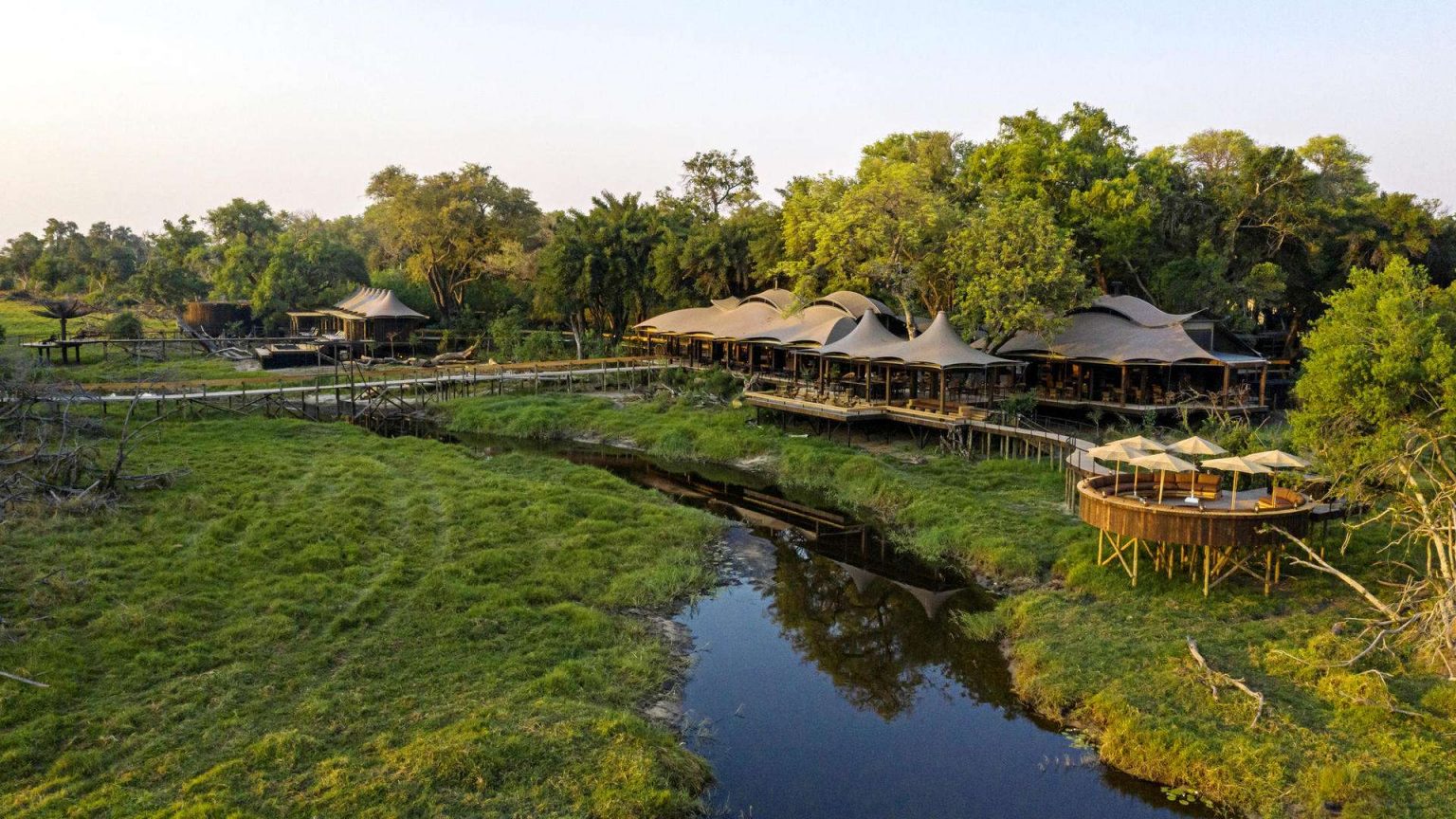The world of tourism is reopening, as we previously reported, Royal Caribbean cruise ships are reopening; and Botswana is set to receive tourists.
Botswana is known for its colorful sunrises and lush oases where zebras or elephants can be seen sipping from its soothing waters. That’s always been their natural habitat, with people always passing through as their curious visitors, observers, and sometimes sadly — their poachers. Since the pandemic, people have slowly started to recognize the importance of preserving wildlife; for our own wellbeing, health, and so that we could better guard the planet against the growing risks of climate change and infectious diseases.

In the midst of these changes happening in tourism and travel; wildlife camps in Botswana have had to set up new rules; to regulate the movement of tourists, resulting in both financial and operational challenges. But this has also given businesses that depend on wildlife tourism a chance to redefine their eco-tourism strategies. Neil Midlane, Group Impact Manager of Wilderness Safaris; told Skift that the pandemic has certainly kept their camps on their toes over the last year.
“One of the biggest realizations out of this pandemic is that we have to find ways of making the support for conservation and communities; that comes from a business like ours more robust to future challenges of this nature,” said Midlane.
Wilderness Safaris Group has about 40 luxury lodges across seven African countries, namely; Botswana, Kenya, Namibia, Rwanda, Zambia and Zimbabwe. Its camps are all located in some of the continent’s most remote, pristine spaces. The group also boasts being amidst game-rich wilderness areas; yet helping to “preserve biodiversity, conserve wildlife and uplift local communities.”

